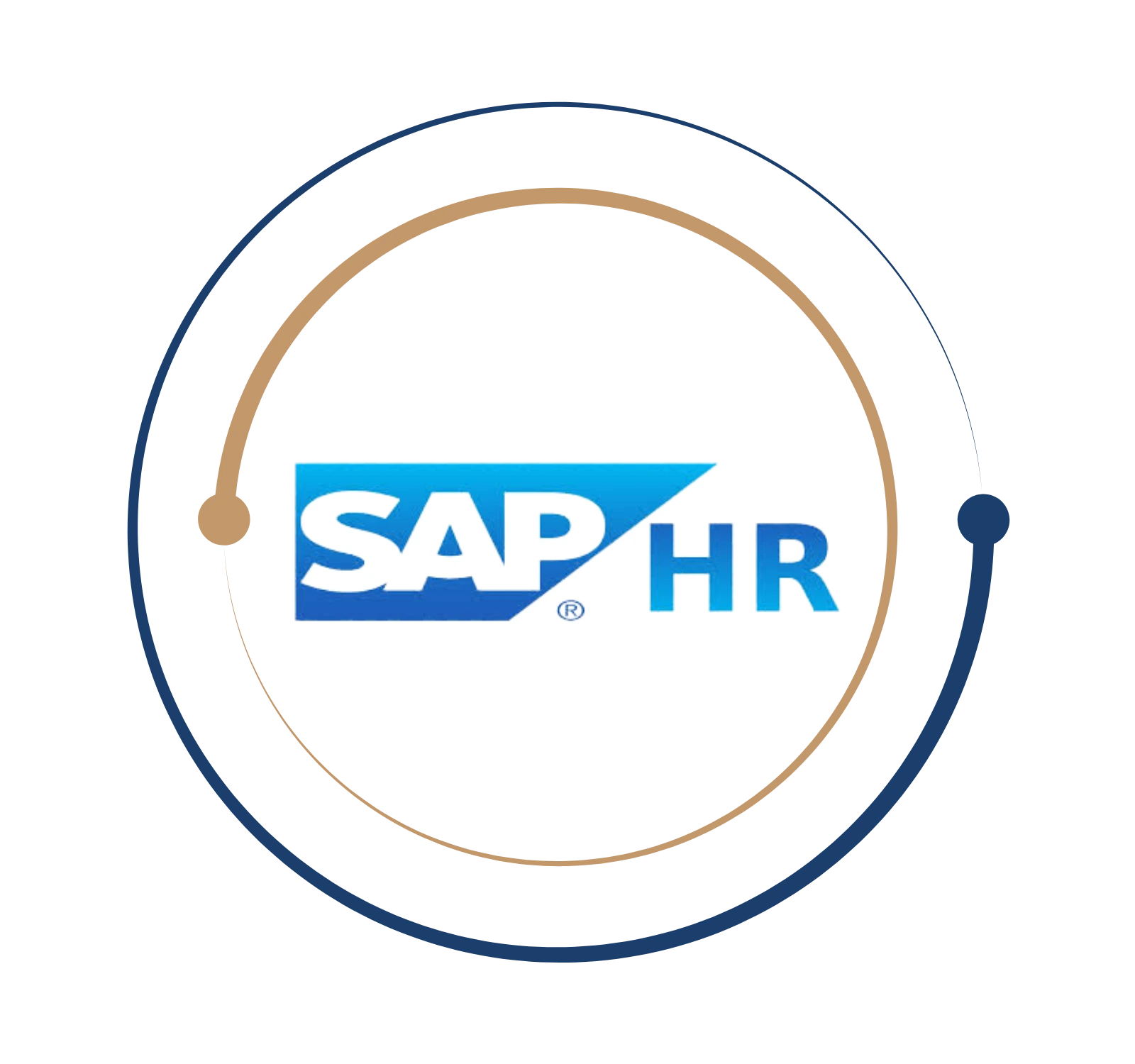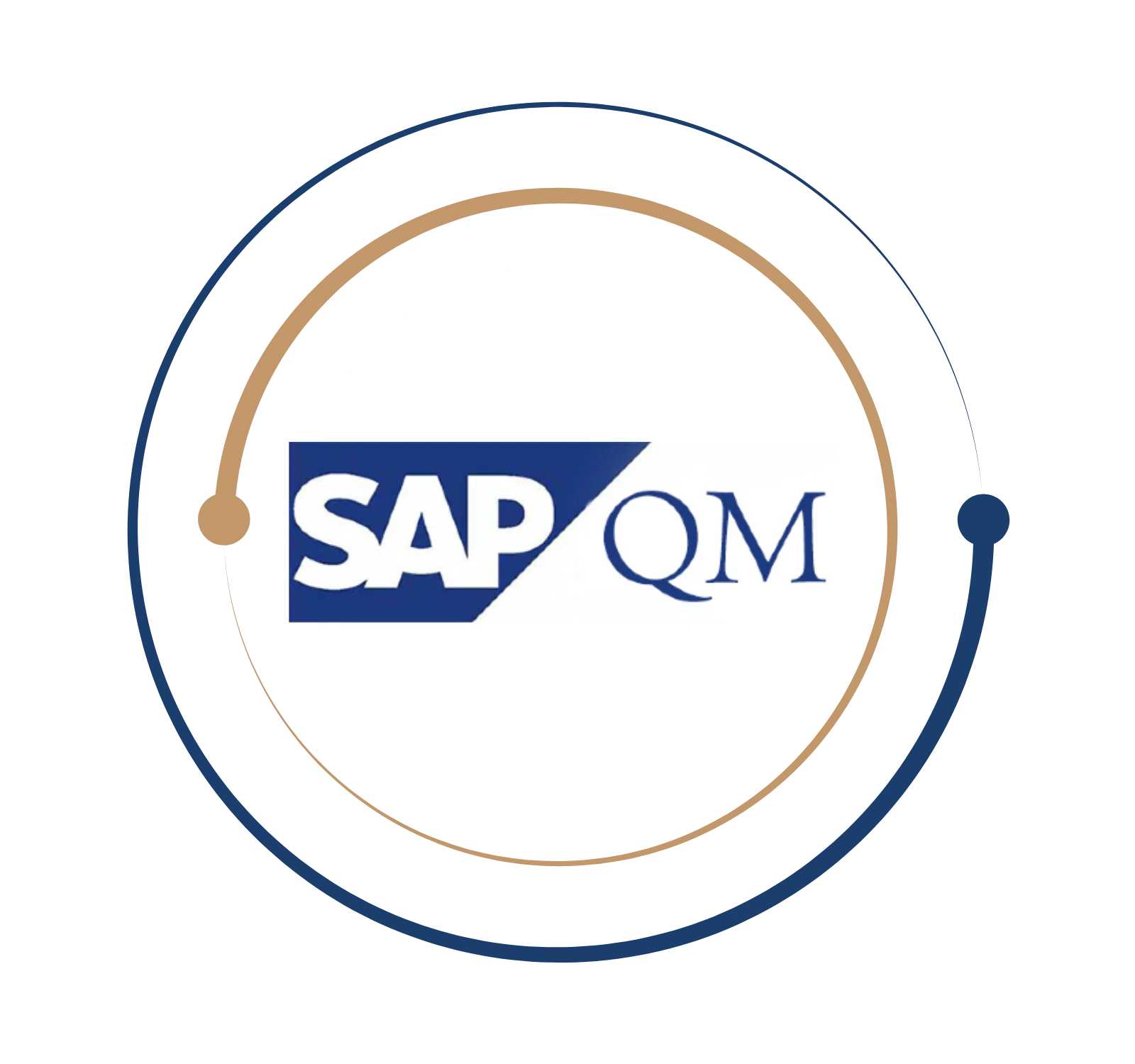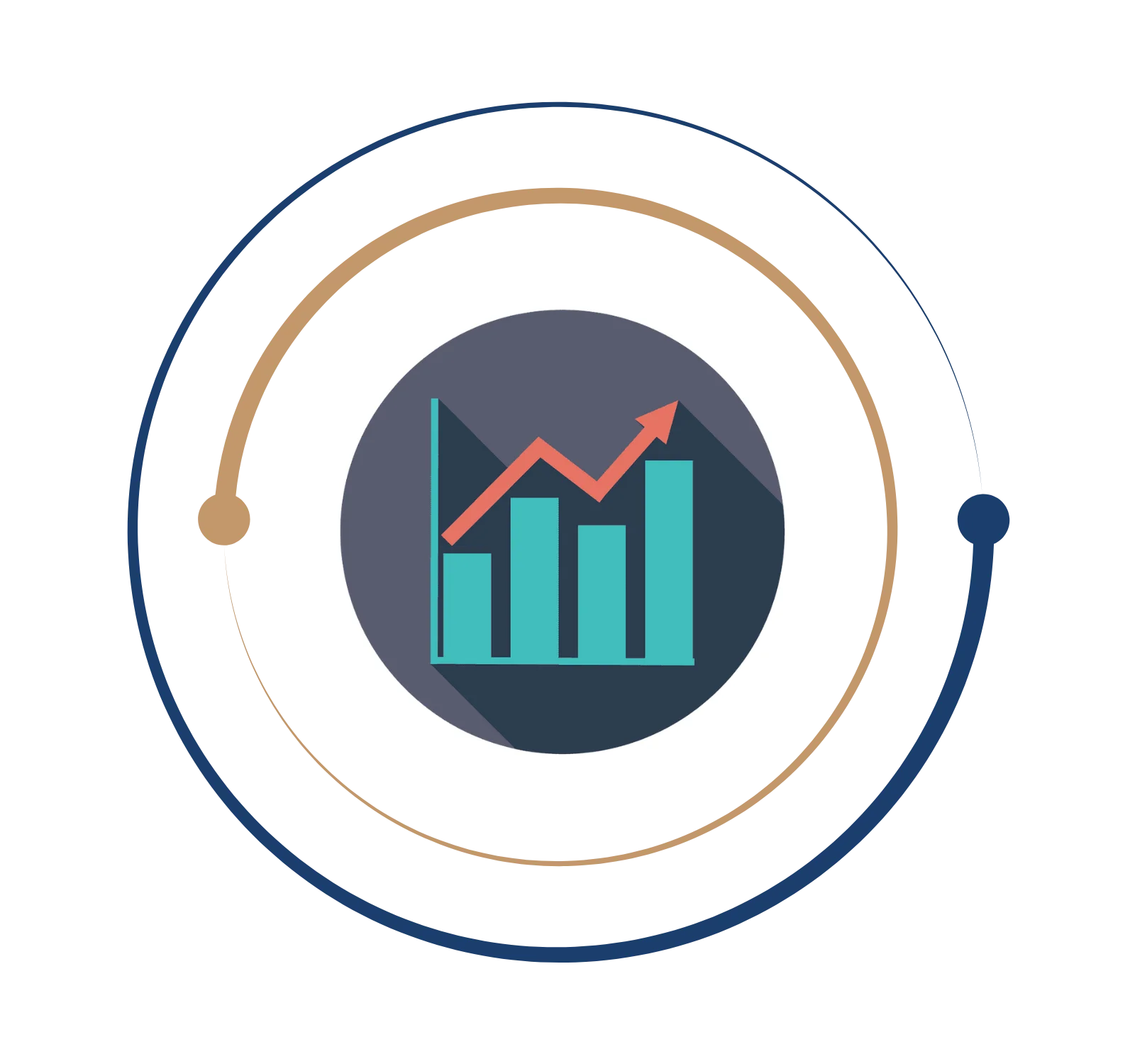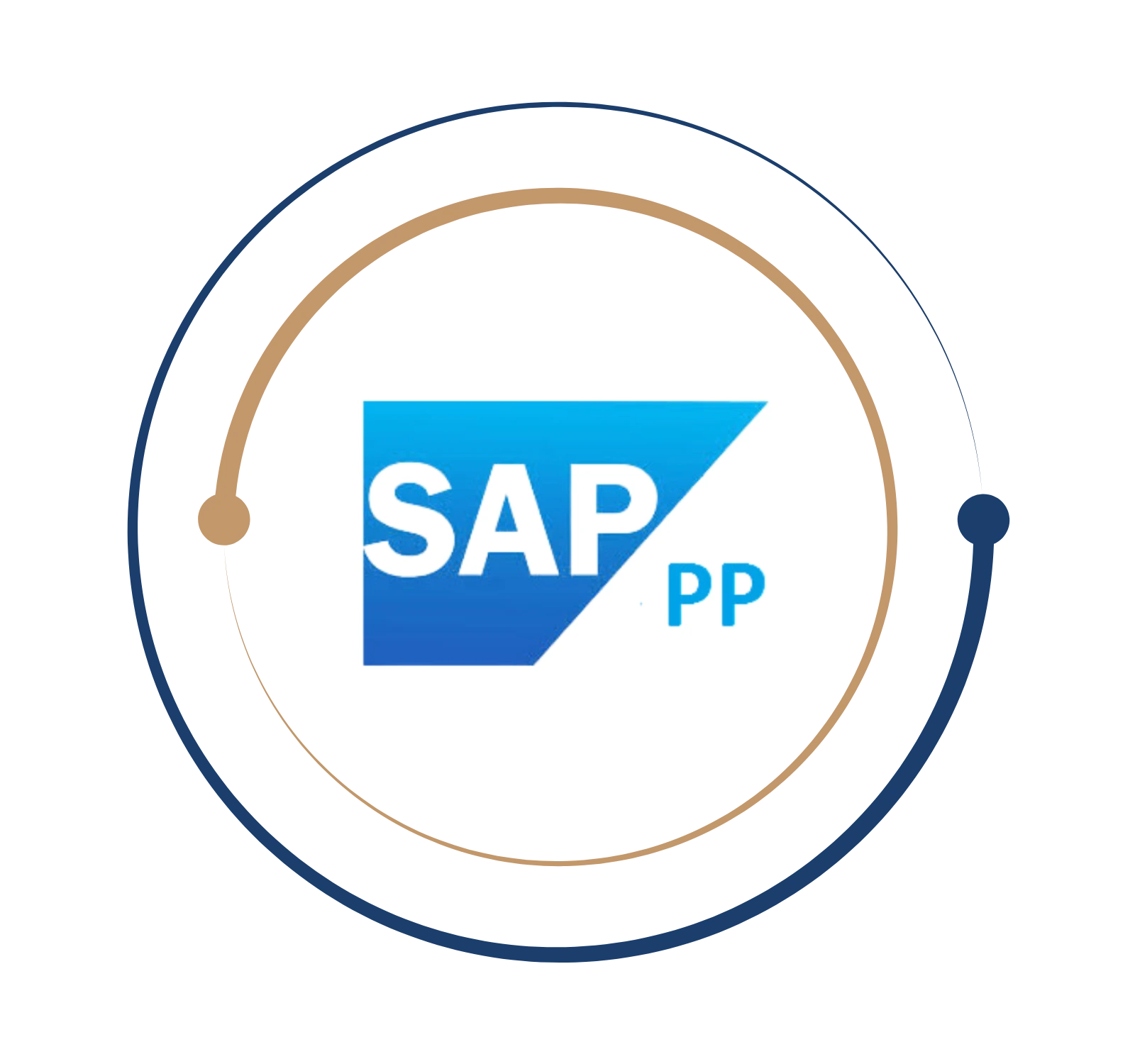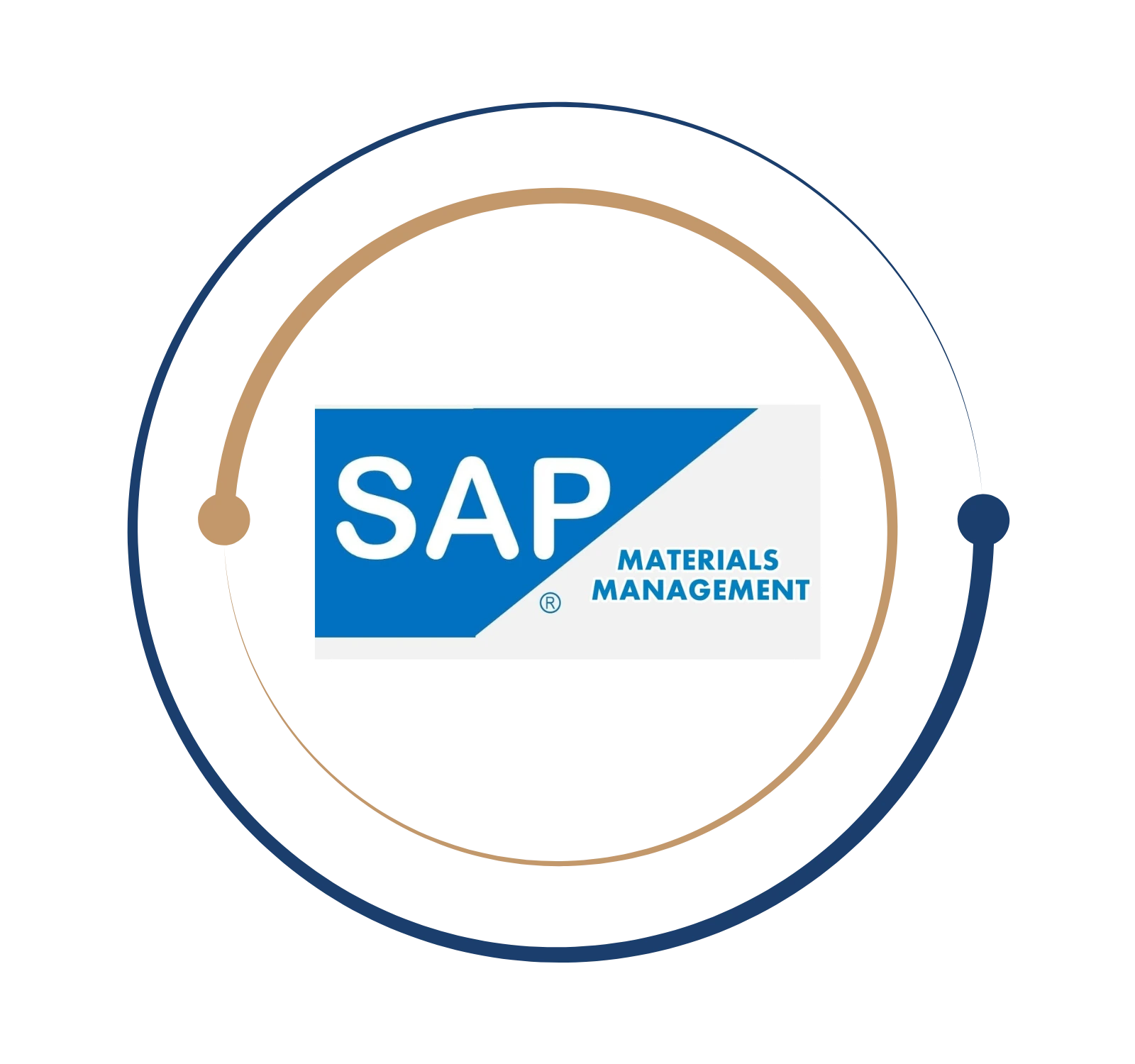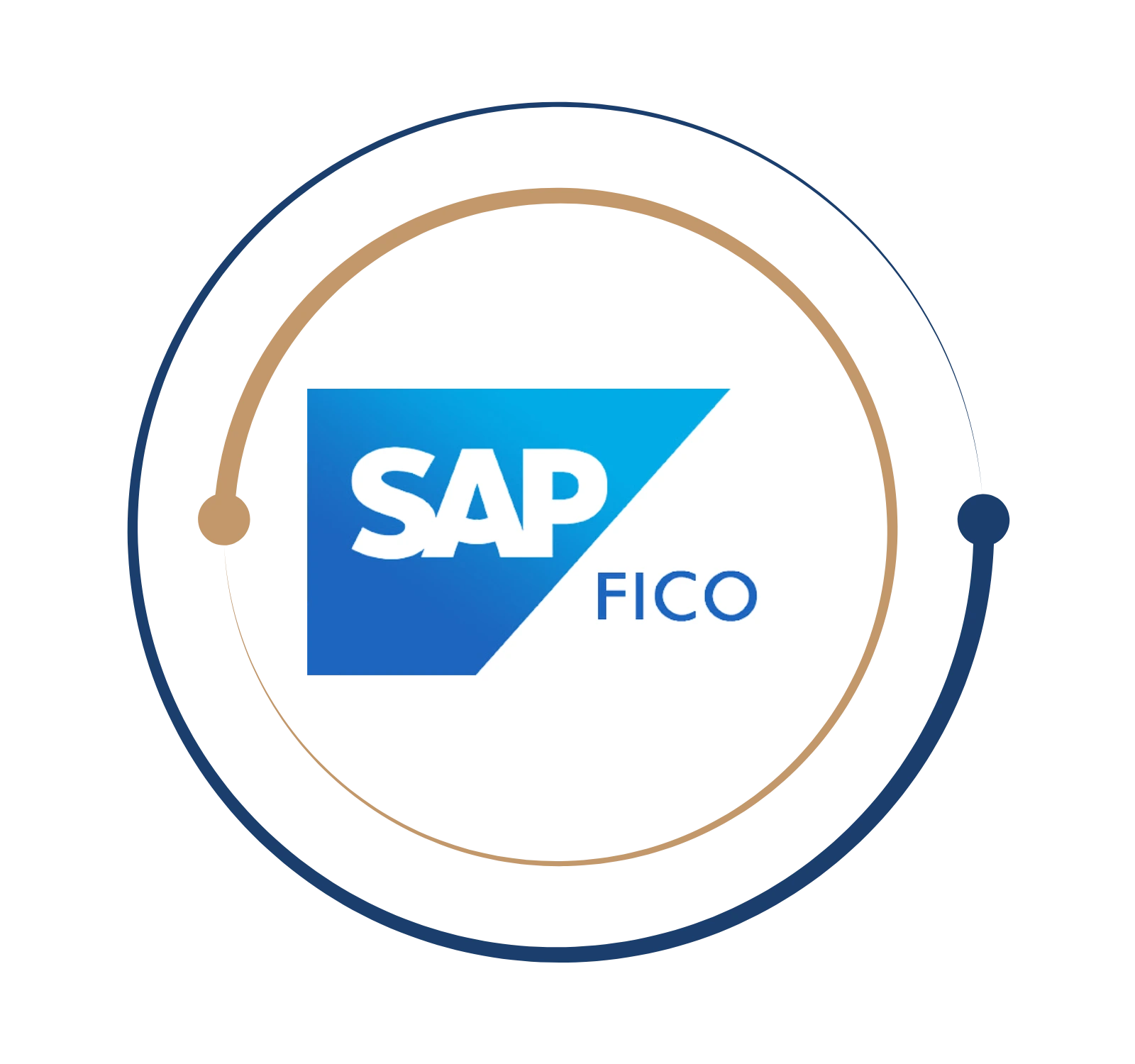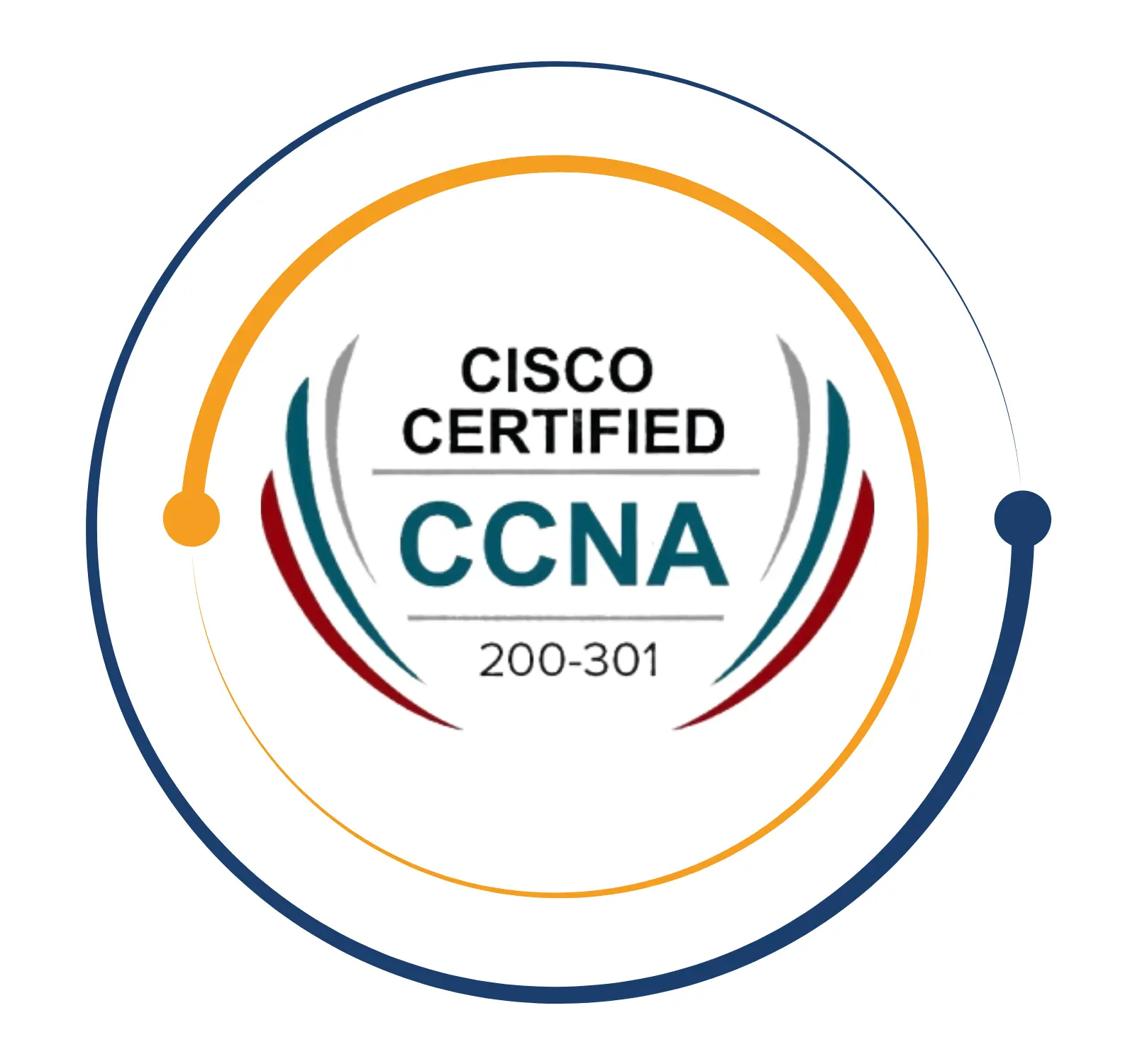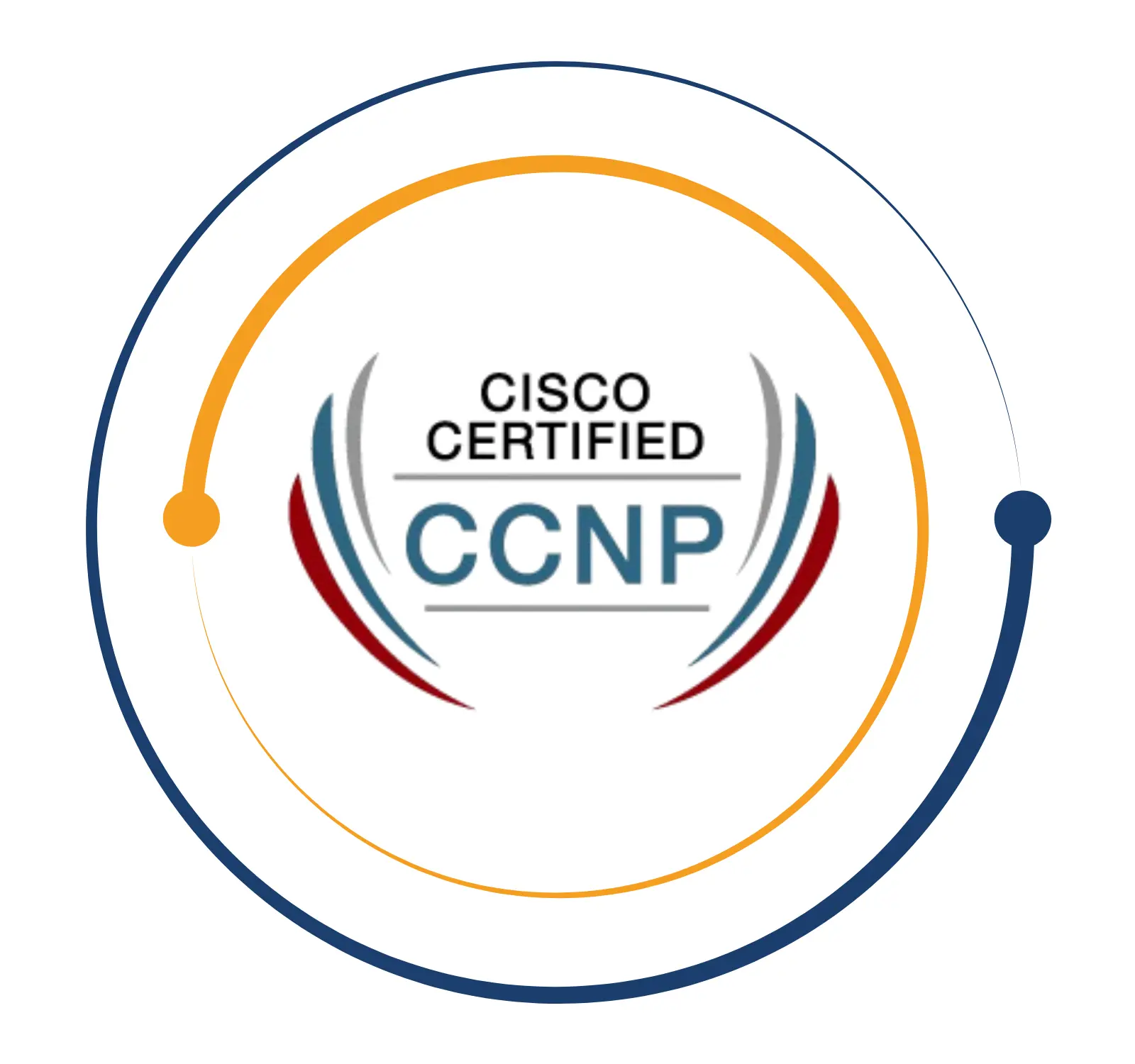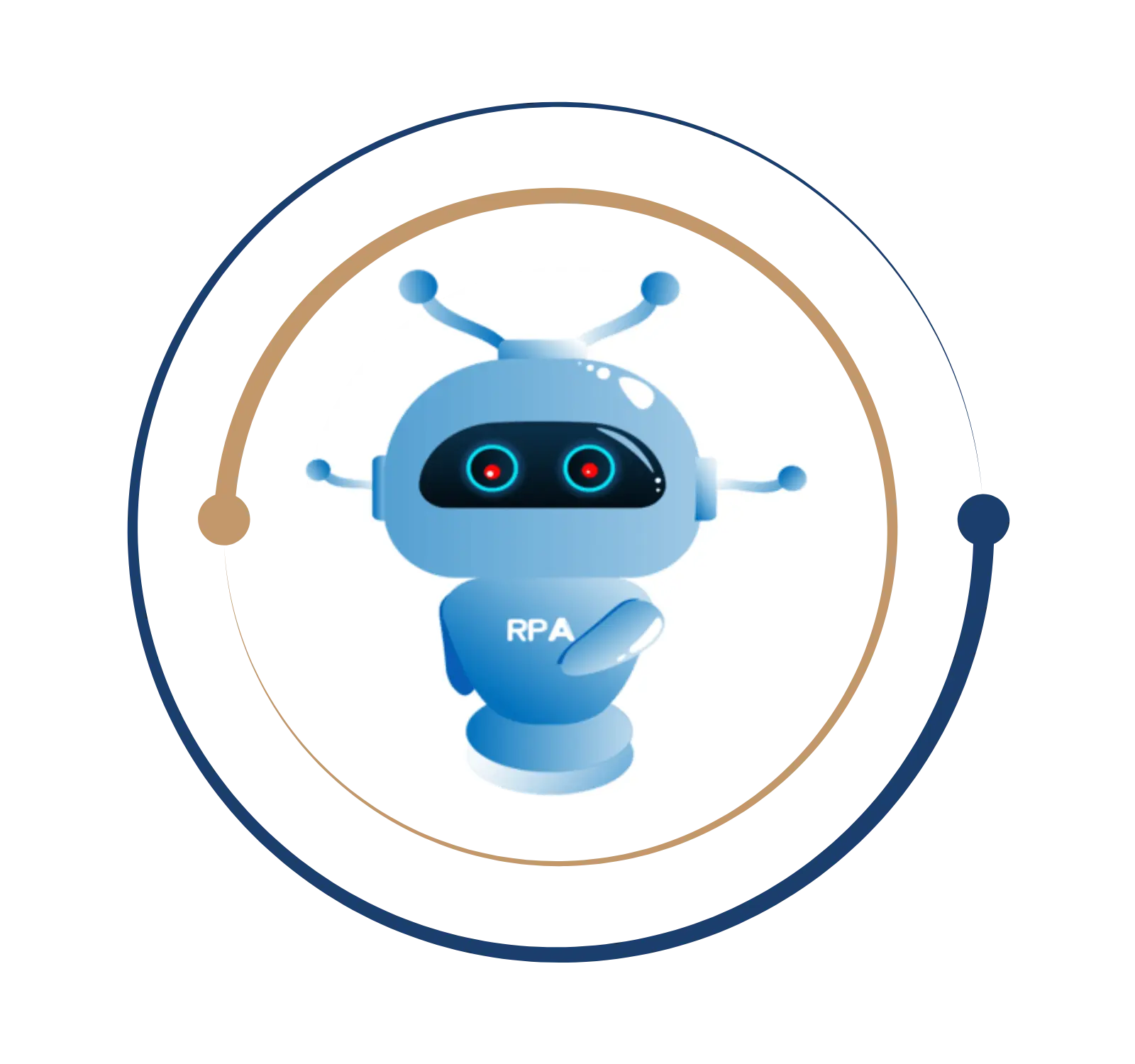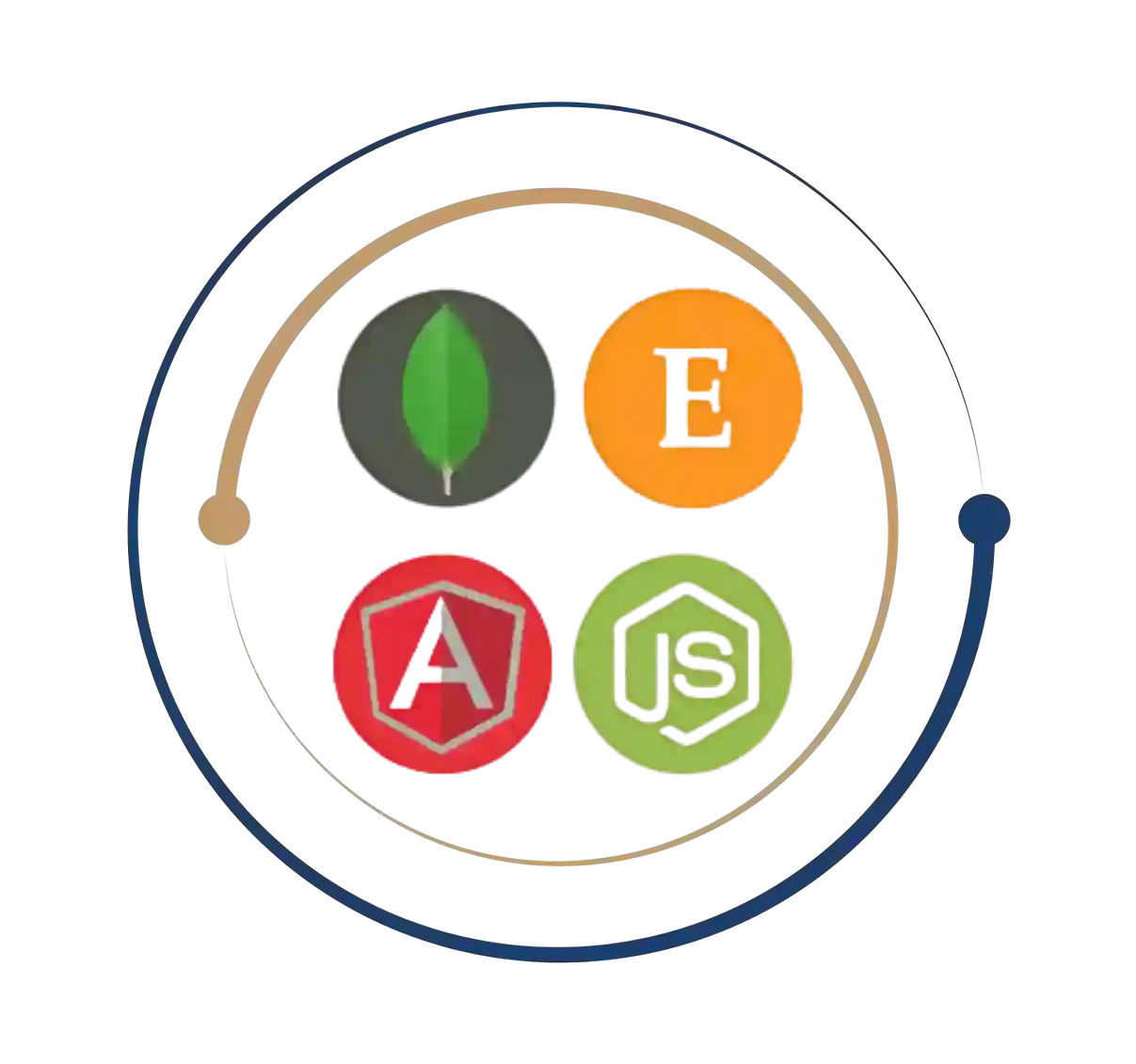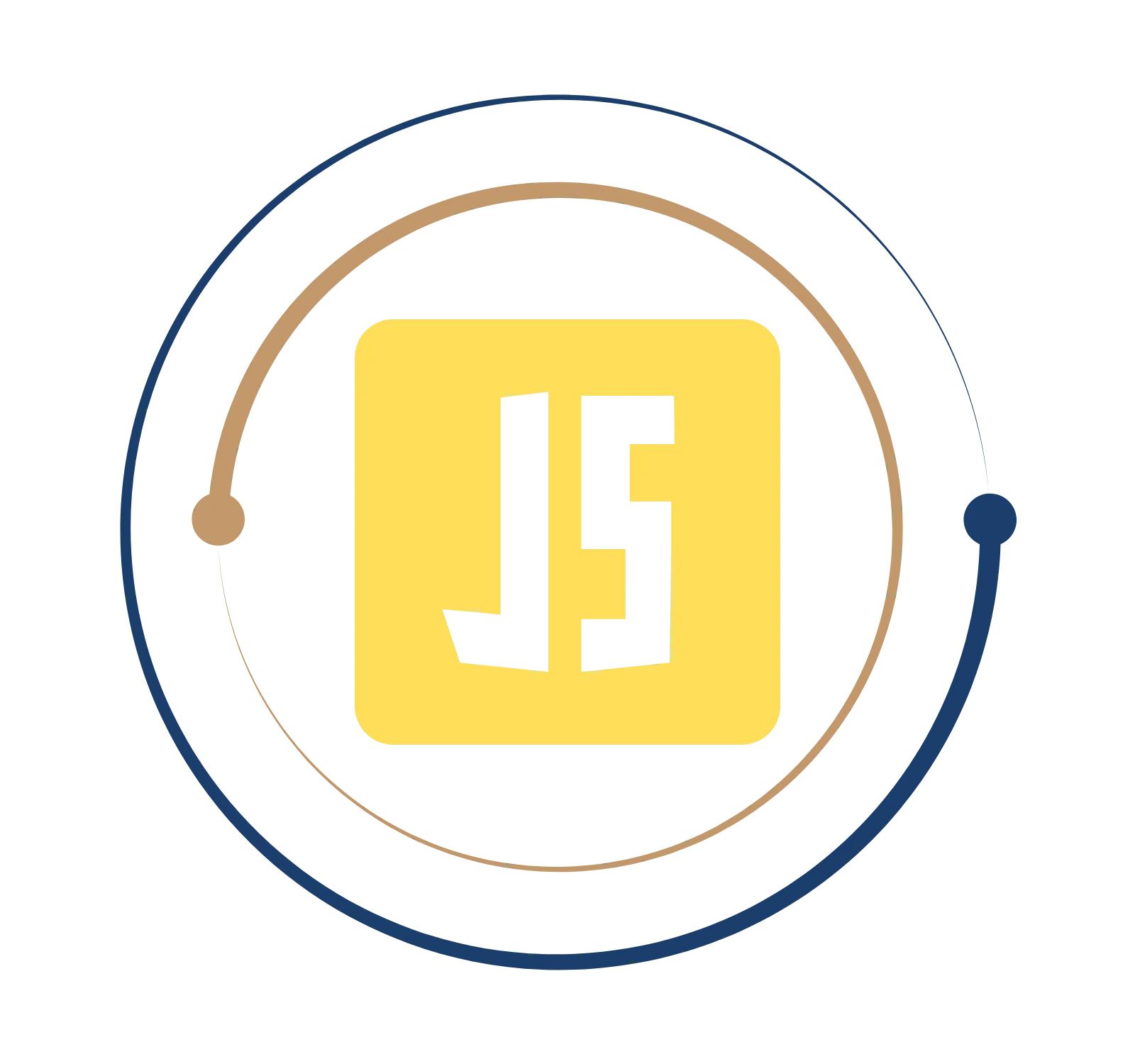Master advanced SAP programming with our SAP ABAP expert-led training
SAP ABAP Training
Are you interested in receiving business-focused real-world SAP ABAP training? BITA Academy offers SAP ABAP Training in Chennai that helps you learn SAP Advanced Business App Program from industry experts. You will discover the many ABAP programme kinds, top ABAP features, and various DB coding techniques. You need to be aware of the ABAP Workbench, which is crucial and has several tools for editing applications. It enables you to develop unique reports and aids SAP customers in improving their SAP-based apps.
The high-level programming language ABAP, developed by SAP, aids in the customization of the SAP ERP by big businesses. Workflows for financial accounting, materials management, asset management, and all other SAP modules can be modified with the aid of ABAP. SAP’s current development environment supports ABAP and Java, NetWeaver. In SAP, ABAP stands for Advanced Business Application.
SAP ABAP Training
Are you interested in receiving business-focused real-world SAP ABAP training? BITA Academy offers SAP ABAP Training in Chennai that helps you learn SAP Advanced Business App Program from industry experts. You will discover the many ABAP programme kinds, top ABAP features, and various DB coding techniques. You need to be aware of the ABAP Workbench, which is crucial and has several tools for editing applications. It enables you to develop unique reports and aids SAP customers in improving their SAP-based apps.
What is SAP ABAP?
The high-level programming language ABAP, developed by SAP, aids in the customization of the SAP ERP by big businesses. Workflows for financial accounting, materials management, asset management, and all other SAP modules can be modified with the aid of ABAP. SAP’s current development environment supports ABAP and Java, NetWeaver. In SAP, ABAP stands for Advanced Business Application.
Roles and Responsibilities of SAP ABAP Developer
Analyzing, creating, documenting, coding, testing, configuring, deploying, implementing, and maintaining systems and applications are all tasks that are the responsibility of the SAP ABAP Developer.
- Participate in and work together to collect user needs and specifications with the users, business analyst, and quality assurance/quality control analyst.
- Translate technical and business needs through analysis into a fundamental and in-depth technical design.
- Participate in implementing new or current systems, solutions, and processes by conducting proof of concept (PoC), research and development, prototyping, and feasibility studies.
- Participate in creating technical documentation for the project, including but not restricted to functional, system, and design development specifications and guidelines.
- Create, alter, improve, repair, and maintain codes, programmes, and systems.
- Construct test scenarios, gather test data, and carry out or take part in functional and non-functional testing
- Record, examine, and present test results.
- To ensure consistency and adherence to accepted programming and industry standards, guidelines, rules, and practices, develop and review codes, programmes, and configurations.
The high-level programming language ABAP, developed by SAP, aids in the customization of the SAP ERP by big businesses. Workflows for financial accounting, materials management, asset management, and all other SAP modules can be modified with the aid of ABAP. SAP’s current development environment supports ABAP and Java, NetWeaver. In SAP, ABAP stands for Advanced Business Application.
Analyzing, creating, documenting, coding, testing, configuring, deploying, implementing, and maintaining systems and applications are all tasks that are the responsibility of the SAP ABAP Developer.
- Participate in and work together to collect user needs and specifications with the users, business analyst, and quality assurance/quality control analyst.
- Translate technical and business needs through analysis into a fundamental and in-depth technical design.
- Participate in implementing new or current systems, solutions, and processes by conducting proof of concept (PoC), research and development, prototyping, and feasibility studies.
- Participate in creating technical documentation for the project, including but not restricted to functional, system, and design development specifications and guidelines.
- Create, alter, improve, repair, and maintain codes, programmes, and systems.
- Construct test scenarios, gather test data, and carry out or take part in functional and non-functional testing
- Record, examine, and present test results.
- To ensure consistency and adherence to accepted programming and industry standards, guidelines, rules, and practices, develop and review codes, programmes, and configurations.
Get Instant Help Here
A vital tool for demonstrating to potential employers your expertise is certification. Over the years, numerous improvements have been made to SAP applications and the corresponding certificates. These SAP certifications have been attempting to keep up with the shifting market trends. You must first earn an Associate level SAP certification to be eligible for a higher level Professional SAP certification. Remember that these SAP certifications highlight the expertise of professionals. Therefore, before attempting SAP certification, having a sufficient educational foundation and professional experience in your field of interest is essential. The qualification is a prerequisite for many jobs and duties that are accepted on a global scale. The most standard certifications for SAP consultants are listed below. Not only can acquiring these credentials improve your job search, but they will also raise the value of your resume. You can earn SAP ABAP Certification once you have completed BITA’s SAP ABAP Training in Chennai.
- SAP Certified Application Professional
- SAP Certified Application Associate
- SAP Technology Consultant
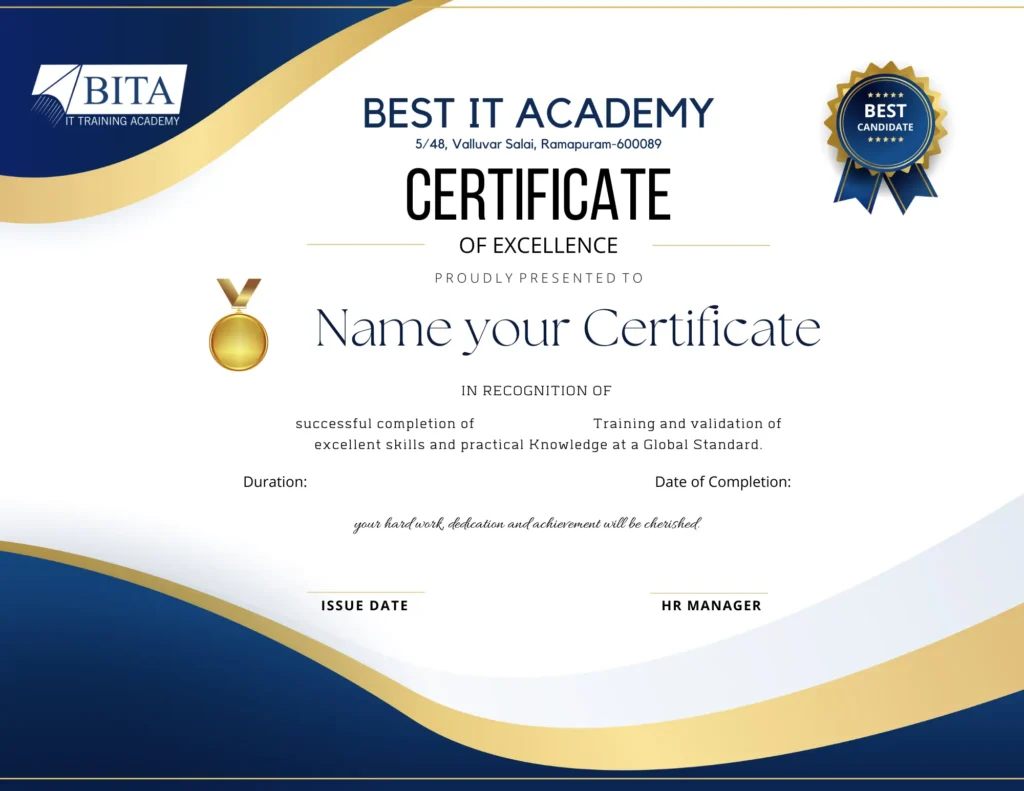
Due to the widespread use of SAP software in businesses worldwide, SAP consultants are in great demand. There are several job options at SAP and openings in every division. A manager position in business administration or information technology might be a career goal for a sap consultant. As they gain expertise, they could desire to specialize in SAP environments’ finance and asset management initiatives or process improvement projects. Alternatively, they might want to work as an SAP software trainer or instructor. The average yearly income for an SAP Abap Consultant in India is 5.7 Lakhs, with gains varying from 3.0 Lakhs to 12.0 Lakhs. Sign up for SAP ABAP Training in Chennai.
Job you can land with SaAP ABAP
What you will learn?
- Deep Dive on SAP Architecture
- System Landscape
- What do you know about Naming Conventions?
- Package Transport
- Different Types of Package
- What do you know about Transport Request?
- What do you know about Edit Mask?
- Overview of Write Statement
- Deep Dive on System Variables
- Parameters-Simple Program
- Deep Dive on Conditional Statements and Loop Statements
- What do you know about Exit, Continue and Stop Statement?
- Deep Dive on String Operations
- How to lock Objects?
- Domains
- Data Elements
- Deep Dive on Key Fields and Buffer
- Tables
- Currency and Quantity Fields
- What do you know about Structures?
- Different types of Structures
- Foreign Key Relationship
- Table Maintenance Generator
- Types of Tables
- Performance Tuning
- Projection View
- Help View
- Maintenance View
- Variables
- SELECT Statement
- Control Break Statement
- How to perform different operations on Internal Tables?
- Different ways to declare Internal Tables
- Types of Internal Tables
- What do you know about Elementary Searchhelp and collective searchhelp?
- What do you know Match code objects?
- What is R/3 Interface Layer?
- Difference between Open and Native SQL
- Different Types of Open SQL Statements
- Multiple ways to use SELECT Statements
MODULARIZATION
- An Overview of Include Program
- Difference between Standard and Customized Include Program
- More about Function Modules
- Deep Dive Subroutines
- Difference between Local and External Subroutines
- Macros
- Deep Dive on Class
- Different ways to use Interactive Report
- HIDE
- GET CURSOR
- USER COMMAND
- What do you know about Menu Painter?
- Menu Bar
- App Tool Bar
- Standard Tool Bar
ALV Report with Structure
- What do you know about ALV Report with Field Catalog?
- Deep Dive on ALV Layout
- How to use ALV with FieldCatalog_Merge?
- How to use ALV with Totals and Sub Totals?
- Deep Dive on SAP Adobe Interactive Form
- Difference between Hierarchical and Blocked ALV
- An Overview of Interactive ALV
- Real Time Examples
- What is Scripts about?
- Does these Scripts have dependency on client?
- Deep Dive on Components
- Types of Windows
- What do you know about Function Modules?
- How to use logos, address and windows?
- How to pass data from driver program to SAP Script?
- Deep Dive on four types of Symbols
- Deep Dive on usage of Commands
- Page Standard Text
- How to copy and modify standard Scripts?
- How to modify standard script without changing driver program?
- Do you know to configure Scripts in NACE?
- How to debug Scripts?
- How to migrate Scripts to Smartform?
- Overview of Smartform
- Difference between Scripts and Smartform
- Deep Dive ion Function Module in Smartform
- Deep Dive on Smartform Components
- Types of Windows
- Real Time Examples for the following
- -Title-Page Number-Text-Address-Graphics
- How to pass data between driver program and Smartform with an example?
- How to debug Smartforms?
- What is BDC?
- Different Types of Data Transfer?
- What are the types of methods in Data Transfer?
- Direct Input Method
- What do you know about Call Transaction and Session Method?
- Deep Dive on SAP LSMW
- More about App Server Files
Module Pool Programming (MPP)
- An Overview
- What do you know about Events in MPP?
- Deep Dive on MPP Structure
- Real Time Examples
- -Text Field-Input Field-Button-Box-Table Control
- How to navigate between screens?
- How to perform Call Screen, Set Screen and Leave Screen?
- Do you know to use POV and POH Events?
- What is Class?
- What do you know about Object and Instance?
- Deep Dive on Class Components
- Different Types of Instances
- More about visibility of components
- Real Time Examples
- -Instance-Static Attributes-Constructors-Import and Export Tables
- How to use Interfaces and Aliases?
- How to use Inheritance and Abstract?
- How to use OOALV with Structure?
- How to use OOALV with Field Catalog?
- Do you know to use OOALV with Field Catalog_Merge?
- Real Time Examples
- -Two Grids on a Single Screen-Tree-Splitter Control
- User exit
- Customer exit
- Different Types of Customer Exit
- Menu Exit
- Screen Exit
- Field Exit
- What is BADI?
- Difference between Exit and BADI?
- Deep Dive on Single Implementation BADI
- Deep Dive on Multiple Implementation BADI
- Difference between Filter BADI and Custom BADI
- Real Time Examples
- What is an Enhancement Spot?
- Different Types of Enhancement Spot
- Example on Implicit Spot
Business Application Programming Interface (BAPI)
- What is Business Object Repository (BOR)?
- An overview of BAPI
- Difference between RFC and BAPI
- Different Setups of BAPI
- How to create a custom BAPI?
- How to upload BAPI?
- Do you know to prepare real time reports using BAPI?
- What is ALE?
- Different Types of Data Transfer
- What do you know about EDI and IDOC?
- Deep Dive on Runtime components of IDOC
- Message Type
- How to create Segment?
- How to create IDOC?
- Deep Dive on IDOC
- What do you know IDOC Filtering?
- Deep Dive on Segment Filtering
- An overview of Custom IDOC
- What do you know about Extended IDOC?
- What do you know about Reduced IDOC?
- How to change Pointers?
Weekdays
Mon-Fri
Online/Offline
1 hour
Hands-on Training
Suitable for Fresh Jobseekers
/ Non IT to IT transition
Weekends
Sat – Sun
Online/Offline
1.30 – 2 hours
Hands-on Training
Suitable for IT Professionals
Batch details
Week days
Mon-Fri
Online/Offline
1 hour
Hands-on Training
/ Non IT to IT transition
Sat – Sun
Online/Offline
1:30 – 2 hours
Hands-on Training
Why should you select us?






Why should you select Us?







